The content of the article
If during pregnancy a woman was required to follow a number of strict dietary recommendations, then after giving birth these conditions become stricter by an order of magnitude. After all, everything that a mother has on a plate very quickly enters the children's organism. But since the digestive system of the infant is not yet prepared for serious exertion, any relaxation in the diet of a woman can greatly harm the child. Therefore, many mummies are very sensitive to the issue of their own food. They are not satisfied with the superficial knowledge of a particular product, women are eager to find out what benefit or harm it can have on the children's organism.
As an example, this is the case: everyone knows the usefulness of the gifts of orchards and gardens, but there is a risk of getting into trouble after eating some fruits and vegetables. Take at least such a popular culture as Bulgarian pepper.The composition of this vegetable is a real pantry of essential trace elements. Therefore, many breastfeeding women pay attention to this wonder fruit. But the potential risk of harming the health of the little chad prevents them from including this product in their diet. We will try to understand the twists and turns of this pressing issue.
What is the uniqueness of the composition
The bright appearance of the bell pepper evoke admiration and the desire to taste its juicy flesh. Pepper has a multimillion army of fans who appreciate it for its unusually rich taste. But, in addition to this main advantage, this vegetable is the record for the presence of nutrients in the composition. Here, only its main ingredients:
- cellulose;
- mineral elements;
- vitamin complex, including ascorbic and nicotinic acids;
- alkaloids;
- organic acids;
- essential agents;
- antioxidants.
But the most important wealth of bell pepper is potassium and calcium. It is these elements that ensure the growth of the baby’s bone tissue and the normal state of the vessels. Therefore, it is abundantly clear that in this respect the Bulgarian pepper is very useful, both for the nursing mummy and for her baby.
Properties of useful vegetable
The amazing combination of natural ingredients that distinguishes Bulgarian pepper from other crops provides a range of beneficial properties.
- Ascorbic acid works in the body to strengthen the immune system.
- Mineral substances, which are in excess in pepper, saturate the tissues, stimulating their growth and development. Some (iodine, magnesium) take an active part in hormonal processes, while others (iron) deliver such oxygen they need to the tissues.
- Fiber helps to improve bowel function and prevents constipation.
- Calcium, in addition to strengthening bone structures, is involved in the formation of nails and hair. This is also useful for the crumbs and his mother.
Present in the composition of the Bulgarian pepper elements that positively affect the state of the nervous system and help relieve fatigue and stress. There are substances that can reduce pressure, if it suddenly jumps at mom. In addition, even a small amount of Bulgarian pepper stimulates the production of gastric enzymes, which is manifested by increased appetite.
Minuses

In short, such a set of useful characteristics can not spoil the diet for sure. If you do not pay attention to the cons.But, unfortunately, there are also negative sides. The main danger of bell pepper lies in its ability to actively absorb pesticides. Therefore, if you want to enjoy the freshness of this healthy vegetable, it is recommended to purchase products grown in clean conditions without chemical treatment. The ideal option - to do self-growing peppers in the country.
How compatible are breastfeeding and Bulgarian pepper?
It is clear that this question cannot be unambiguously answered, because the individual characteristics of the maternal organism decide a lot. Since pepper belongs to the group of products with a moderate degree of allergenicity, not all mothers can use it. But even in the absence of visible risks, one should adhere to the following expert recommendations when including this garden crop in the diet:
- It is not necessary to enter pepper in the menu of the nursing mother until the baby is 3 months old. The optimal period is 4-5 months.
- It is better to eat a vegetable during the season of its ripening, since winter fruits grow in greenhouse conditions, and special chemical additives are used to stimulate the growth of the plant.Mom and child like components only harm.
- First you need to try the vegetable in boiled form or put it out. If your baby doesn’t have intestinal disorders after this, you can try to eat some raw pepper.
- Color matters. To begin with, you should select samples of yellow and green - they are less allergenic. When the child gets used to innovations, you can try to eat red pepper.
- Dosage is the main point that must be strictly followed. You need to start with a small slice, 20 grams, gradually increase the portion as the child gets used. But even when the Bulgarian pepper becomes a familiar product on the mom's menu, you should not abuse it. In a week you can eat up to 200 grams in cooked dishes and only 150 grams - in fresh form.
Important point! The purchase of vegetables imported from abroad should be immediately abandoned. Much more useful for mom will be peppers purchased from grandmothers in the market.
List of contraindications
- hypertension;
- ischemic disease;
- chronic pathology of the kidneys, liver;
- hemorrhoids;
- peptic ulcer disease;
- gastritis with high acidity;
- colitis.
Special attention! Chronic processes like to remind of themselves when the body is especially defenseless. And pregnancy and childbirth take away a lot of manpower and resources. Therefore, an undesirable product, even in minimal quantities, can become a serious problem.
Summing up, I would like to pay attention to another interesting point: if you want to diversify the ration with Bulgarian pepper in the winter, you can put some selected vegetables in the freezer. By practicing the simple rules listed here, you can enjoy vitamin diversity even to nursing mothers all year round.
Video: vegetables for nursing mothers





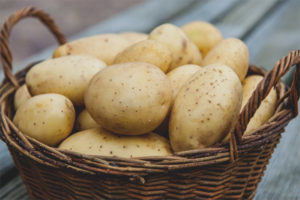
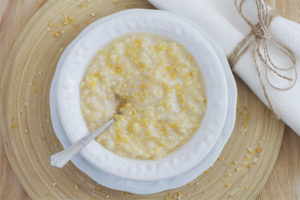
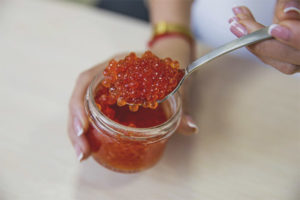
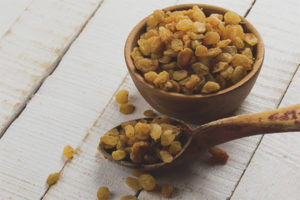
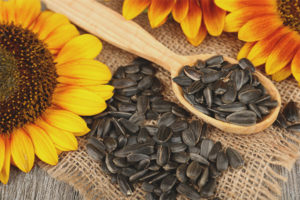
To send